An architect, an engineer and an interior designer working in the hospitality sector discuss alternative building materials, penalties for polluting construction, and time as an aspect of sustainability.

Maria Warner Wong, Dr Hossein Rezai and Teo Su Seam. Photo by Vernon Wong
October 18th, 2019
“Hotels are adapting to sustainable practices in operational terms (to larger and lesser extents) but what can designers and architects do to create the conditions for conscious, low-impact hospitality experiences through the buildings and spaces we holiday in? Should we be designing for global citizens, not tourists? How?”
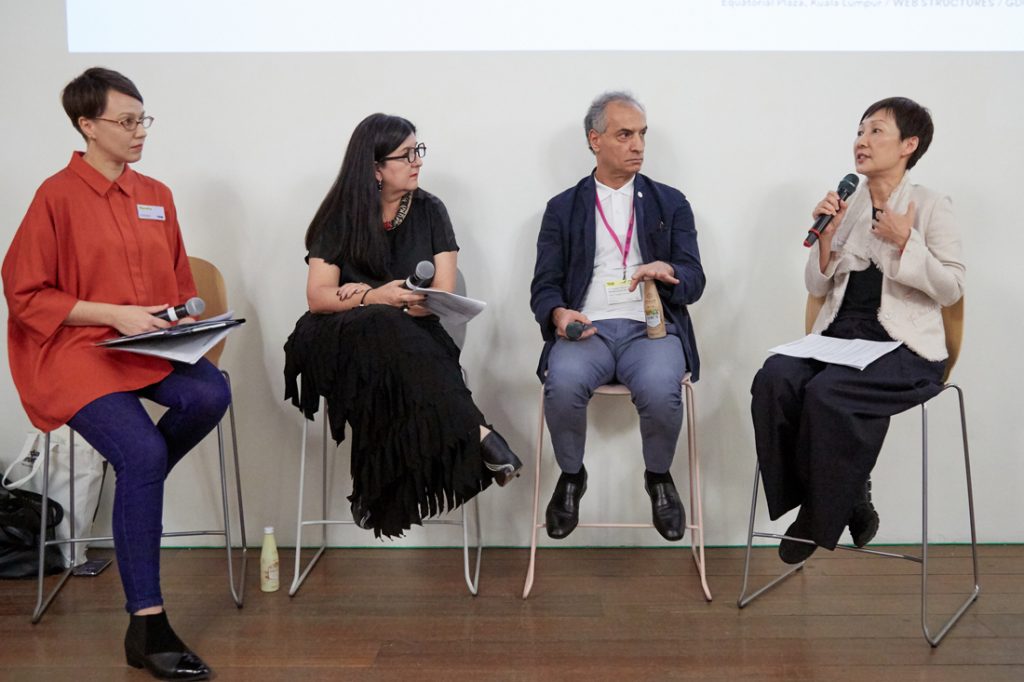
Narelle Yabuka (Moderator), Maria Warner Wong, Dr Hossein Rezai, Teo Su Seam
These were the questions Narelle Yabuka, Editor of Cubes magazine, Indesignlive.sg and Indesignlive.hk, and the Asia Co-Editor of Habitus, used to frame the panel discussion on hospitality design at Saturday Indesign’s Design Conversation session last weekend.
The panel observed that millennials are driving the demand for more ecologically sensitive buildings, with smaller, independent hotel owners (who are more operationally agile) taking the lead in responding to these demands. Bigger hotel chains are just catching up, observed Teo Su Seam, Partner at LTW Designworks, in efforts such as offering alternatives to plastic-bottled drinking water.
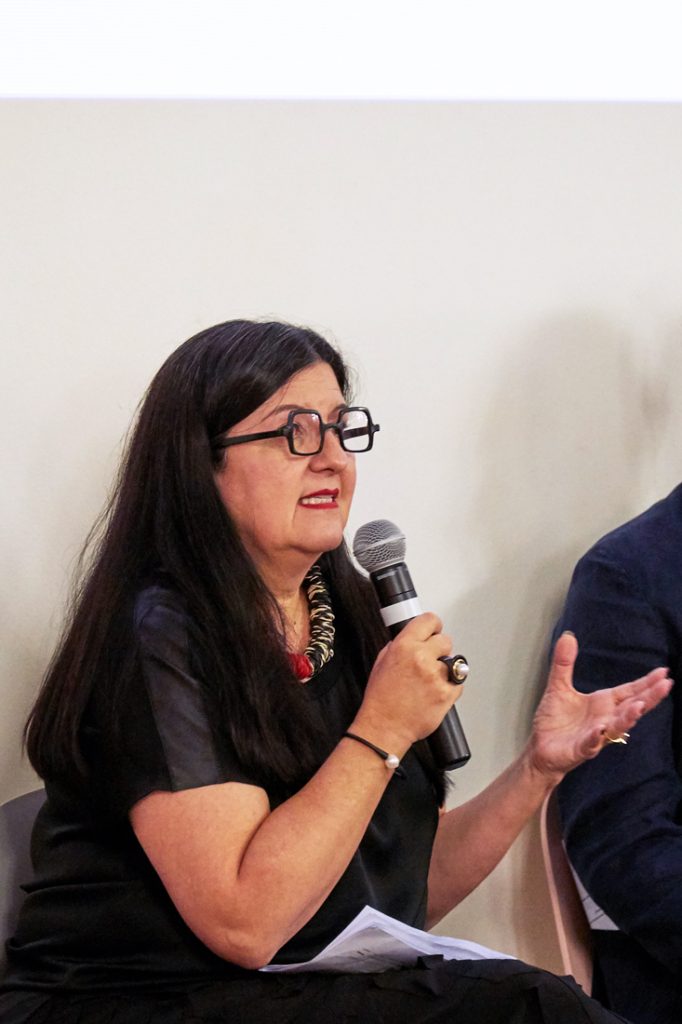
Added Maria Warner Wong, Design Director at WOW Architects | Warner Wong Design, “We have to get past plastic straws and plastic bottles; our entire built-in environment is as catastrophic as plastic straws… You can build a hotel out of the most unsustainable, polluting material in the world and there’s no negative consequence for it. You don’t pay a tax to use it.” She suggested that penalty systems could be put in place to prohibit non-green, polluting buildings.
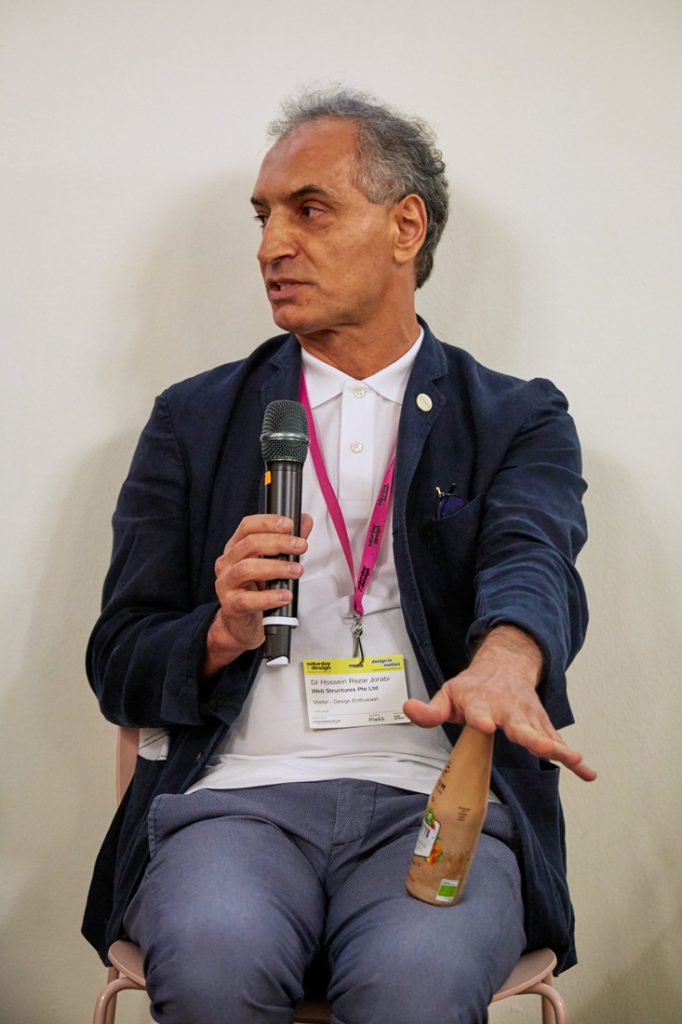
The issues of over-consumption extend to building practices. Dr Hossein Rezai, Director of Web Structures, drew a distinction between a building’s energy and carbon footprints, suggesting that great improvements need to be made to the latter, particularly in the choice of a building’s structural material.
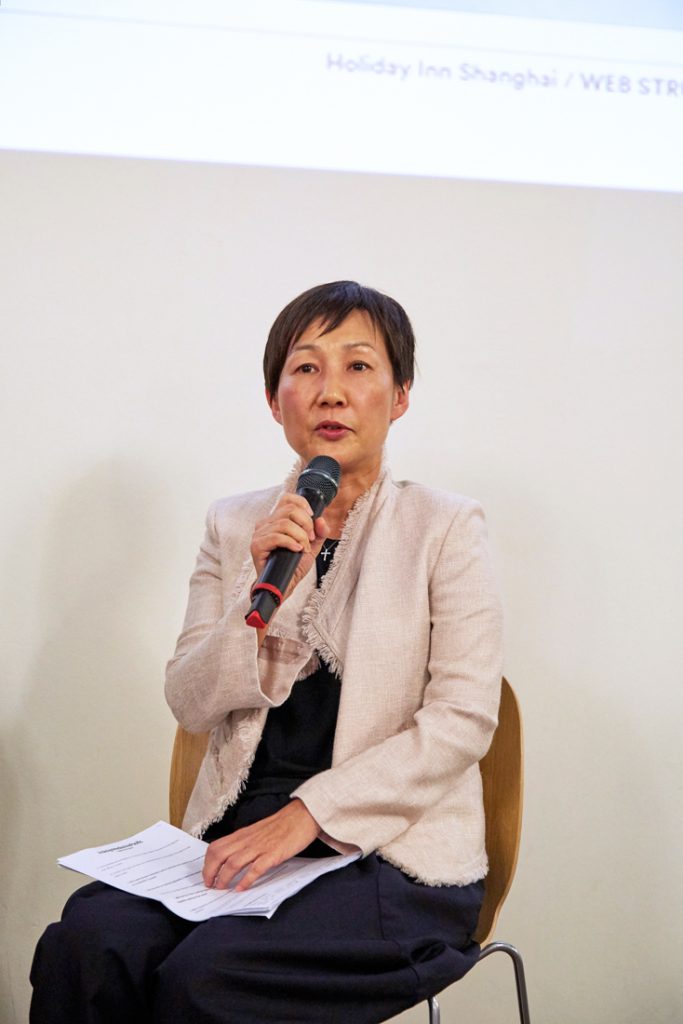
In interior design, a more considered approach in the selection of materials (such as using locally available materials) could similarly yield great carbon savings. Designers are also starting to challenge hotel owners to think about the functionality of spaces, said Teo. Instead of being designed for singular, specific functions (such as for reception or check in), spaces are increasingly multifunctional or adaptable to changing needs.
The aspect of time as an ingredient for sustainability (taking time to design, and taking the perception of “long time”) was a recurring idea raised by the panel.
The panel suggested the need for stakeholders to adopt the longer-term view. “Sustainability has been short-changed,” said Teo, due to shortening project timeframes. She said, “In the past, we were given more time to design. But now everything is pushed at a faster pace. Because of that, the process is not thought through.”
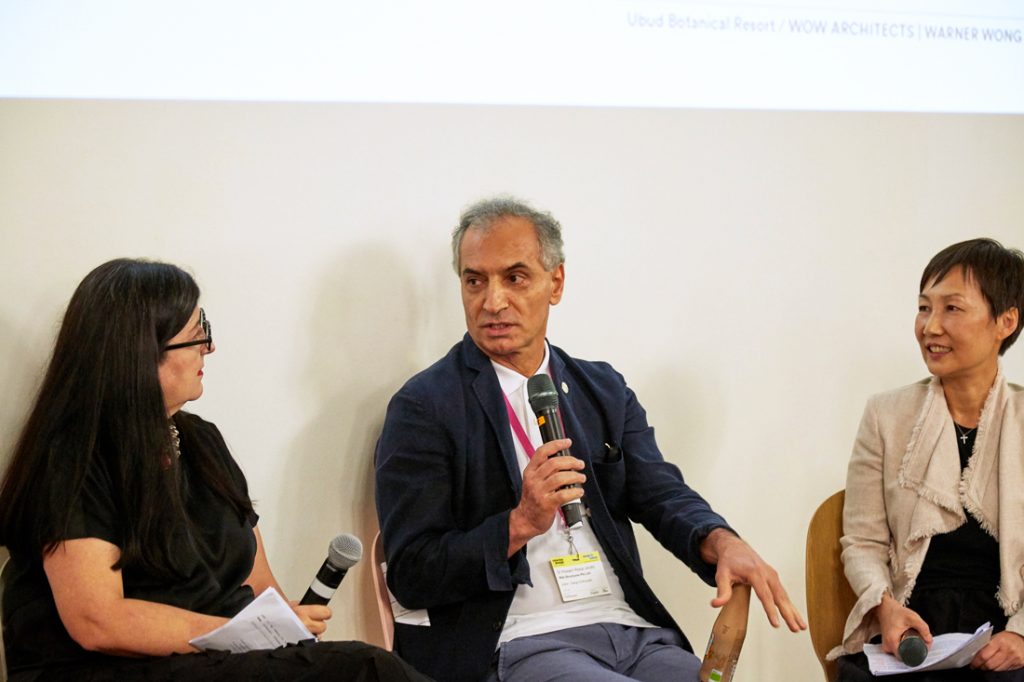
For Warner Wong, it is crucial to think about the true costs of projects. This encompasses considerations from the ways value engineering is approached in the design process to life cycle costing for a hotel. “When you look at the cost of building something, you think very much of the immediate cost without understanding the very huge impact that your decisions make,” she said.
Dr Rezai reminded the audience that shareholders are not the only stakeholders in this discussion. “There are young kids in the audience today so if I were to start a hotel chain now, I would be catering to their needs rather than shareholders’ needs,” he said.
INDESIGN is on instagram
Follow @indesignlive
A searchable and comprehensive guide for specifying leading products and their suppliers
Keep up to date with the latest and greatest from our industry BFF's!
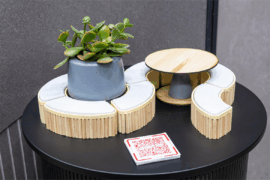
From the spark of an idea on the page to the launch of new pieces in a showroom is a journey every aspiring industrial and furnishing designer imagines making.

For those who appreciate form as much as function, Gaggenau’s latest induction innovation delivers sculpted precision and effortless flexibility, disappearing seamlessly into the surface when not in use.
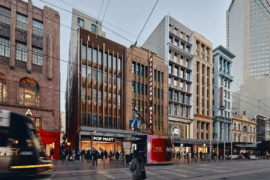
Merging two hotel identities in one landmark development, Hotel Indigo and Holiday Inn Little Collins capture the spirit of Melbourne through Buchan’s narrative-driven design – elevated by GROHE’s signature craftsmanship.
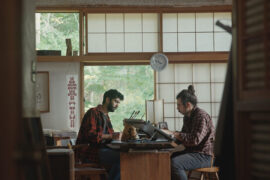
AHEC has produced a documentary exploring forestry and stewardship through long-term forest management and human responsibility.

MillerKnoll releases the 2025 Better World Report showcasing how design can drive meaningful change through measurable progress across social, environmental and governance initiatives
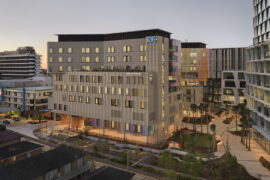
BLP’s new Sydney Children’s Hospital, Randwick building brings together paediatric care, family-centred design and Australia’s first Children’s Comprehensive Cancer Centre in a major addition to the Randwick Health & Innovation Precinct.
The internet never sleeps! Here's the stuff you might have missed
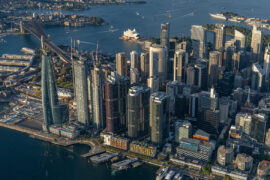
From city-making to craft, design heritage to material innovation, these standout interviews offered rare insight into the people steering architecture and design forward.

Knoll unveils two compelling chapters in its uncompromising design story: the Perron Pillo Lounge Chair and new material palettes for the Saarinen Pedestal Collection.